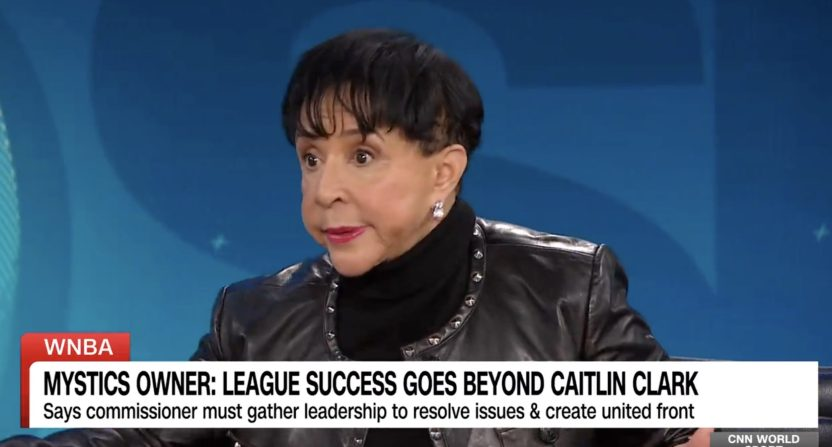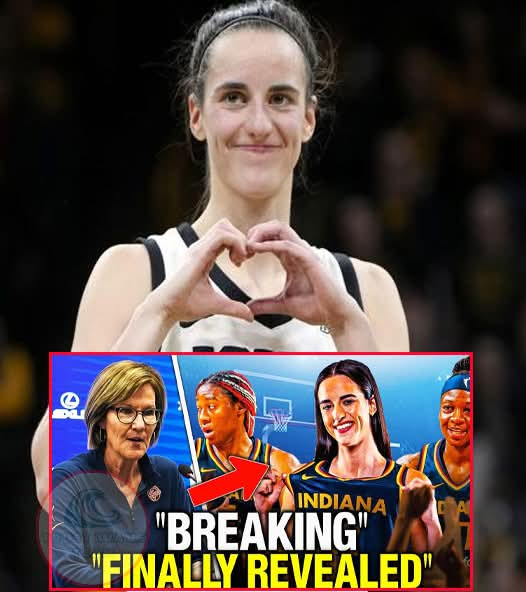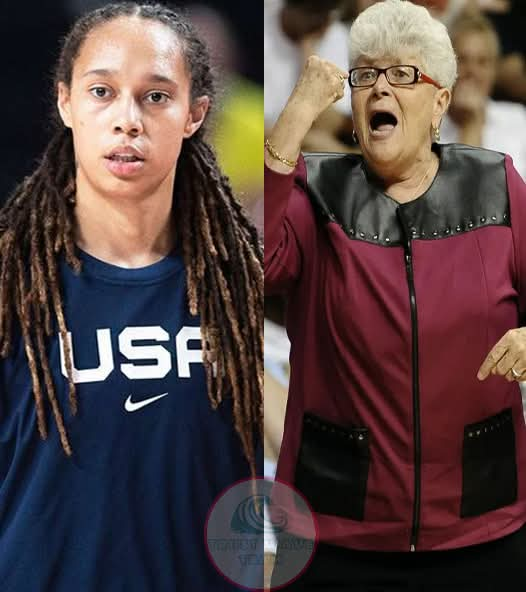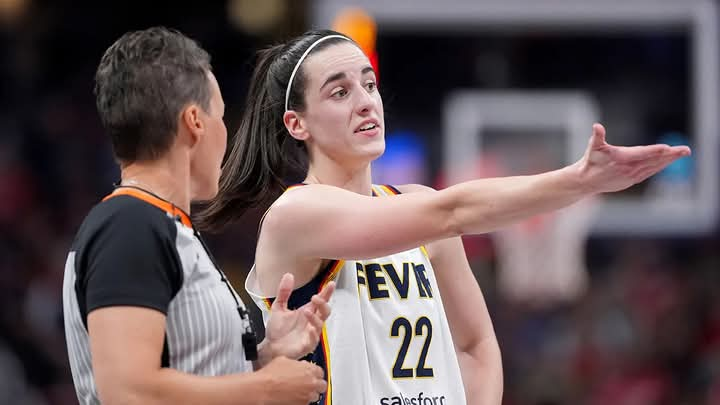
Caitlin Clark’s rise to prominence, particularly in the WNBA, reveals a landscape fraught with contradictions and complex dynamics, where it often feels as though she’s caught in a game she can’t possibly win. While she’s undeniably among the finest basketball players globally, the historical and societal frameworks surrounding the sport often skew perceptions of her, sometimes in ways that undermine her extraordinary achievements.
In her inaugural season, Clark made a concerted effort to remain an enigmatic figure, hoping to avoid being defined by external expectations. However, this neutrality only opened the door for others to project their ideals and anxieties onto her. Now, as she takes greater ownership of her visibility and influence, the backlash she faces has only intensified, revealing deep-seated frustrations from various corners.
Recently, Time Magazine honored Clark as Athlete of the Year, a recognition that sparked renewed scrutiny. In an accompanying interview, Clark acknowledged her white privilege and expressed a desire to contribute to the advancement of Black women in sports. While this was the type of statement many had been waiting for, it was met with a mixture of disdain and indifference, underscoring the deep divide in how her actions and words are perceived.
Adding to the tension, Sheila Johnson, co-owner of the Washington Mystics, voiced her discontent with Clark’s individual recognition, suggesting that the entire WNBA deserved the cover instead. She pointed out that the media’s portrayal often overlooks the collective talent of the league, particularly players of color who have historically been underappreciated. Johnson expressed a desire for more equitable recognition, arguing that highlighting one player at the expense of the league’s broader achievements perpetuates divisions and fosters resentment, especially when the WNBA is striving for unity.
The ongoing debate about Clark’s position in the spotlight reveals a profound issue in sports media: the challenge of balancing individual recognition with collective progress. As the WNBA continues to shine a light on its exceptionally talented athletes, the question remains whether it’s possible to elevate everyone without diminishing the impact of any single player. This dilemma is emblematic of broader struggles within the industry, where achieving true equality and respect for all players seems an elusive goal—yet the hope persists that there’s a path forward where all can thrive together.




